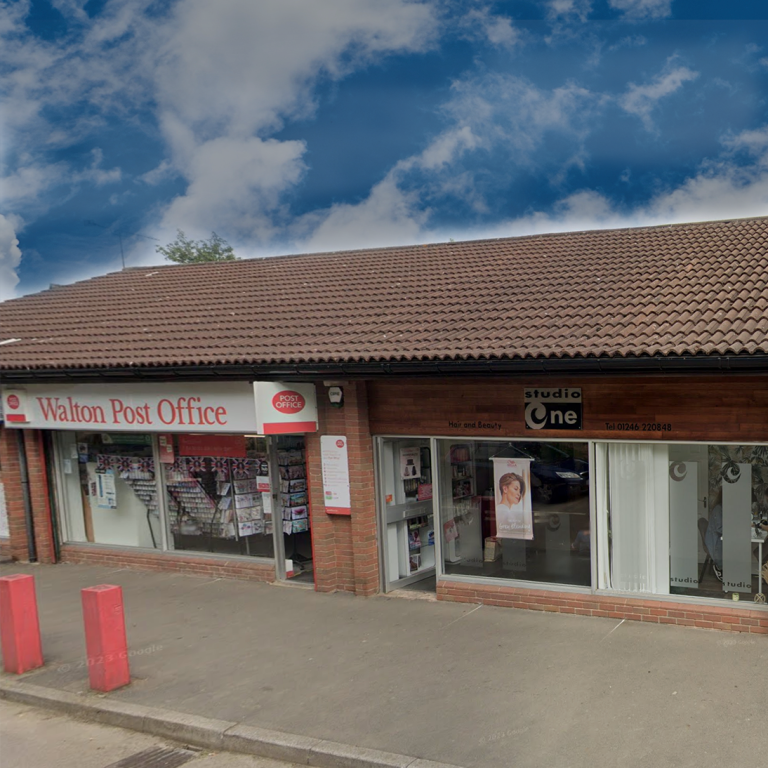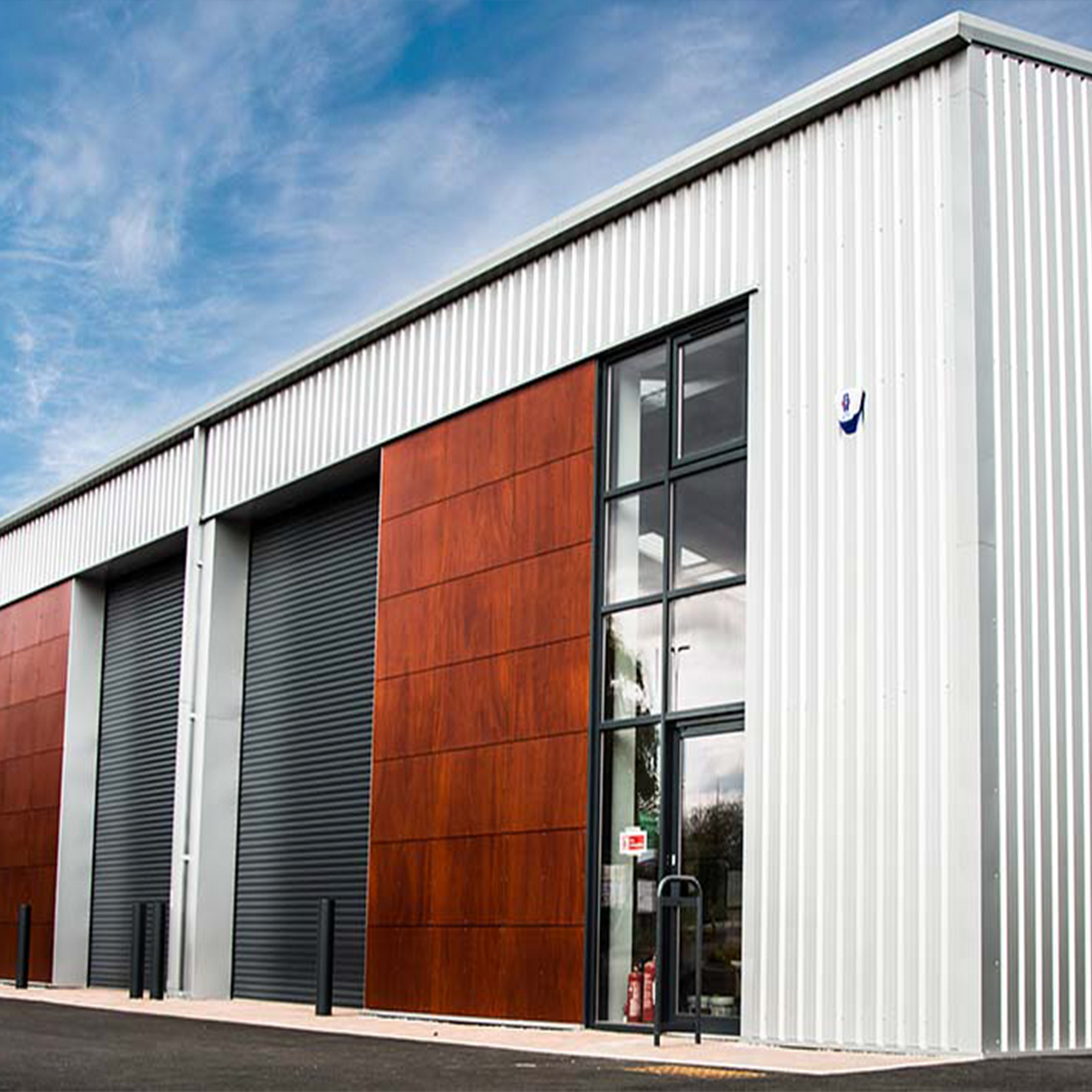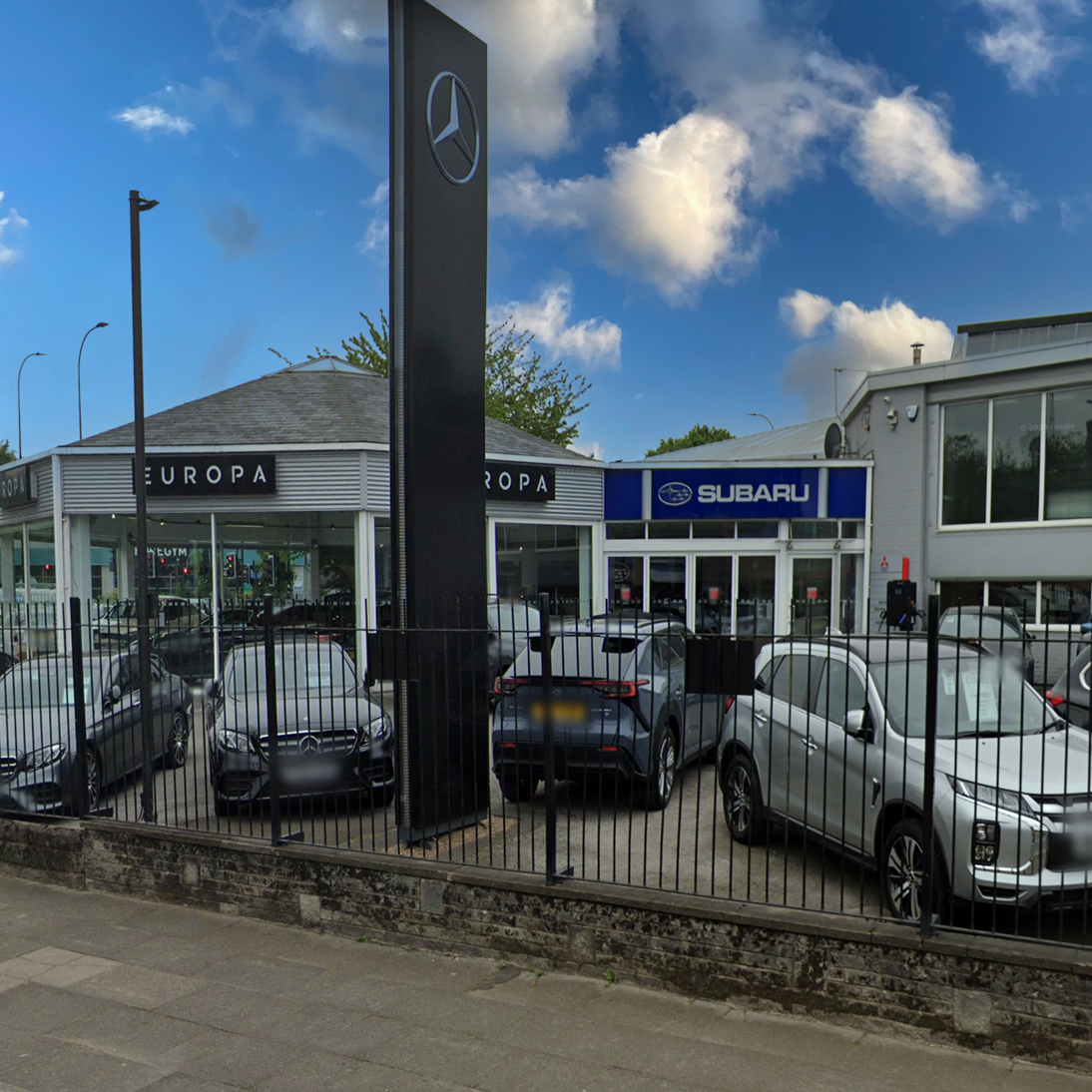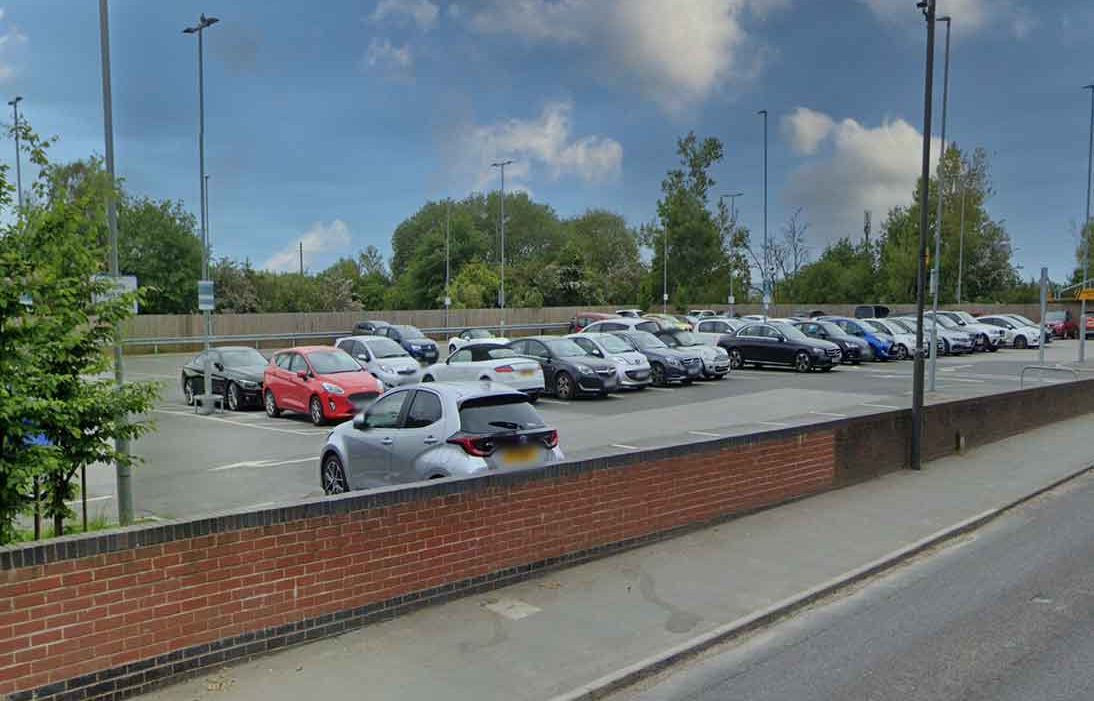Sale and Leaseback
Sale and leaseback provides you with a quick way of obtaining cash to put into your business for investment purposes or for a quick boost to cash flow.
What is Sale and Leaseback?
Sale and Leaseback is a strategic financial option that offers companies the opportunity to raise capital while still maintaining possession and use of their assets. Essentially, what happens is that a company sells one or more of its assets, such as buildings, and then leases them back from the buyer.
This allows you to access immediate cash while still using the assets to conduct business as usual. Moreover, Sale and Leaseback transactions can also offer tax benefits and better cash flow management for businesses. Ultimately, Sale and Leaseback can be a smart financial move for companies looking to raise capital without sacrificing their assets.
We offer:-
- Quick Purchase
- Funds waiting for you
- No advertising your property
- Free valuation
- Confidential transaction
- No estate agent fees
- No waiting for bank approval
- Friendly & supportive transaction



How can Sale and Leaseback benefit me and my business?
Sale and Leaseback is a financial strategy that can provide several benefits to both you and your business. Essentially, it involves selling an asset, such as property or equipment, to an investor and then leasing it back from them over an agreed period.
One of the main advantages of Sale and Leaseback is that it can free up capital for your business. By selling an asset, you can potentially receive a lump sum payment that can be used to invest in other areas of your business, pay off debt, or simply strengthen your cash flow. Additionally, by leasing the asset back from the investor, you can continue to use it without having to worry about the cost of ownership or maintenance.
Another benefit of Sale and Leaseback is that it can provide tax benefits. Depending on your specific situation, the sale of the asset may be subject to reduced tax or none at all. Additionally, the ongoing lease payments can be tax-deductible, further reducing your overall tax liability. ( We are not financial consultants – contact your accountants for advice on sales and leaseback.)
Overall, Sale and Leaseback can be an effective way to improve your business’s financial position and provide greater flexibility. However, it’s important to carefully consider the potential risks and benefits before pursuing this strategy.
Tax benefits of sale and leaseback
One advantage of implementing a sale and leaseback strategy for a business is the potential tax benefits. By selling equity in a property or asset and then leasing it back, the business may be able to take advantage of tax deductions and deferrals.
For instance, the immediate sale of a property may create a capital loss that can be used to offset capital gains and reduce the business’s tax liability. Additionally, the lease payments made by the business could be written off as a tax-deductible business expense.
Furthermore, sale and leaseback arrangements may allow the business to defer recognizing taxable income until later tax years. This is because the sale proceeds may be spread out over time through the lease payments, making it easier for the business to manage its cash flow while reducing its tax burden.
Overall, the tax benefits of sale and leaseback arrangements can be an attractive option for businesses who want to reduce their tax liabilities and improve their financial position.
Why do businesses rent a property?
Businesses rent a property instead of owning it for various reasons.
Firstly, renting provides more flexibility for businesses to relocate or expand their operations as their needs change. Owning a property can be a long-term commitment, while renting allows businesses to adjust their space more quickly. Additionally, renting can be more cost-effective than buying, as it reduces the upfront investment required for purchasing a property.
This can free up capital for other business expenses. Renting also means that businesses do not have to bear the costs of property maintenance, repairs, or taxes, which can be the landlord’s responsibility.
Lastly, renting a property may offer access to desirable locations or bigger premises that may otherwise be unaffordable to purchase. Overall, businesses rent a property because it allows them to have the ideal space for their operations while offering cost savings, flexibility, and convenience.





